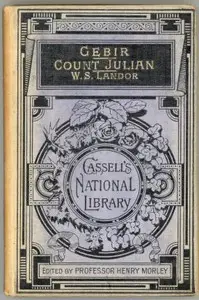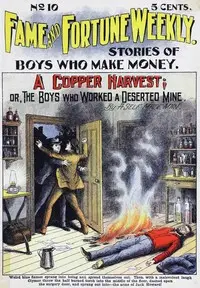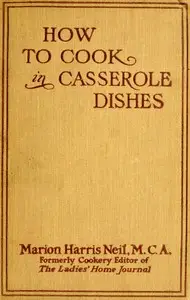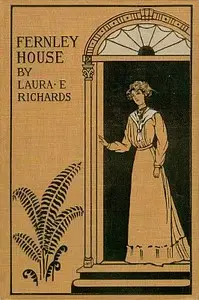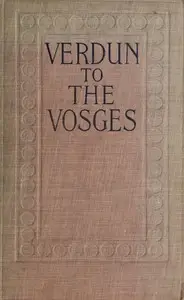"Imaginary Conversations and Poems: A Selection" by Walter Savage Landor is a collection of dialogues and poems written in the early 19th century. The work features imagined discussions between historical and literary figures, including Marcellus and Hannibal, Queen Elizabeth and Cecil, and Epictetus and Seneca, among others. This blending of fictional conversations and poetry offers readers a reflection on timeless themes of politics, philosophy, and human emotion, inviting them to engage with influential thinkers of history. The beginning of this selection introduces the reader to a variety of conversations involving prominent historical figures, showcasing their distinct personalities and ideologies. For instance, in the exchange between Hannibal and Marcellus, we witness a contemplative discussion on honor and mortality as Marcellus lies wounded, while Hannibal reflects on the gravity of war and leadership. Other dialogues, such as that between Queen Elizabeth and her advisor Cecil, outline the conflict between poetry and politics, revealing Elizabeth's passionate defense of literature's place in society. Each conversation sets the stage for deeper philosophical and emotional explorations, indicating that this collection will engage readers through both its intellectual rigor and its artistic expression. (This is an automatically generated summary.)

Imaginary Conversations and Poems: A Selection
By Walter Savage Landor
"Imaginary Conversations and Poems: A Selection" by Walter Savage Landor is a collection of dialogues and poems written in the early 19th century. The...
Walter Savage Landor was an English writer, poet, and activist. His best known works were the prose Imaginary Conversations, and the poem "Rose Aylmer," but the critical acclaim he received from contemporary poets and reviewers was not matched by public popularity. As remarkable as his work was, it was equalled by his rumbustious character and lively temperament. Both his writing and political activism, such as his support for Lajos Kossuth and Giuseppe Garibaldi, were imbued with his passion for liberal and republican causes. He befriended and influenced the next generation of literary reformers such as Charles Dickens and Robert Browning.

